What is Cookie Consent? Is accepting cookies safe? - Xtends
Last updated: 13 Nov 2024 | 1059 Views |

What is Cookie Consent? Is accepting cookies safe?
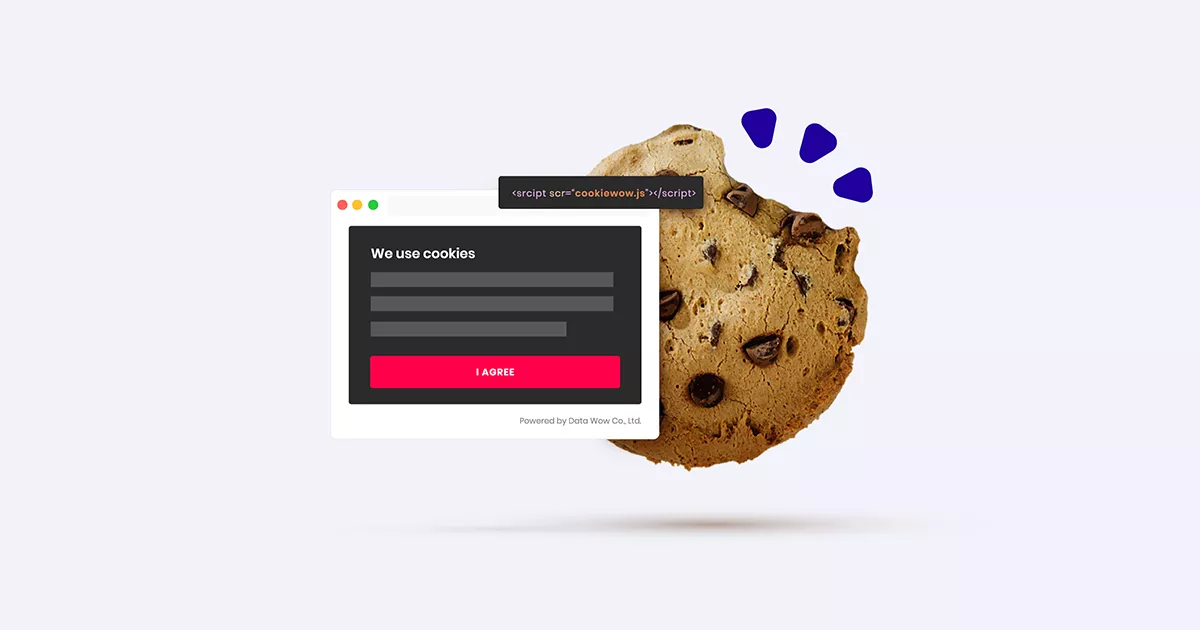
https://contentshifu.com/blog/cookie-consent-banner
Everyone who has searched for information on various websites is likely familiar with Cookie Consent or the acceptance of cookies. Upon seeing this, many people may automatically click to accept cookies to continue their search or access content quickly without interruption from pop-up notifications. But have you ever wondered what Cookie Consent is? Is accepting cookies safe? Why do websites need to request user consent?
- What is Cookie Consent?
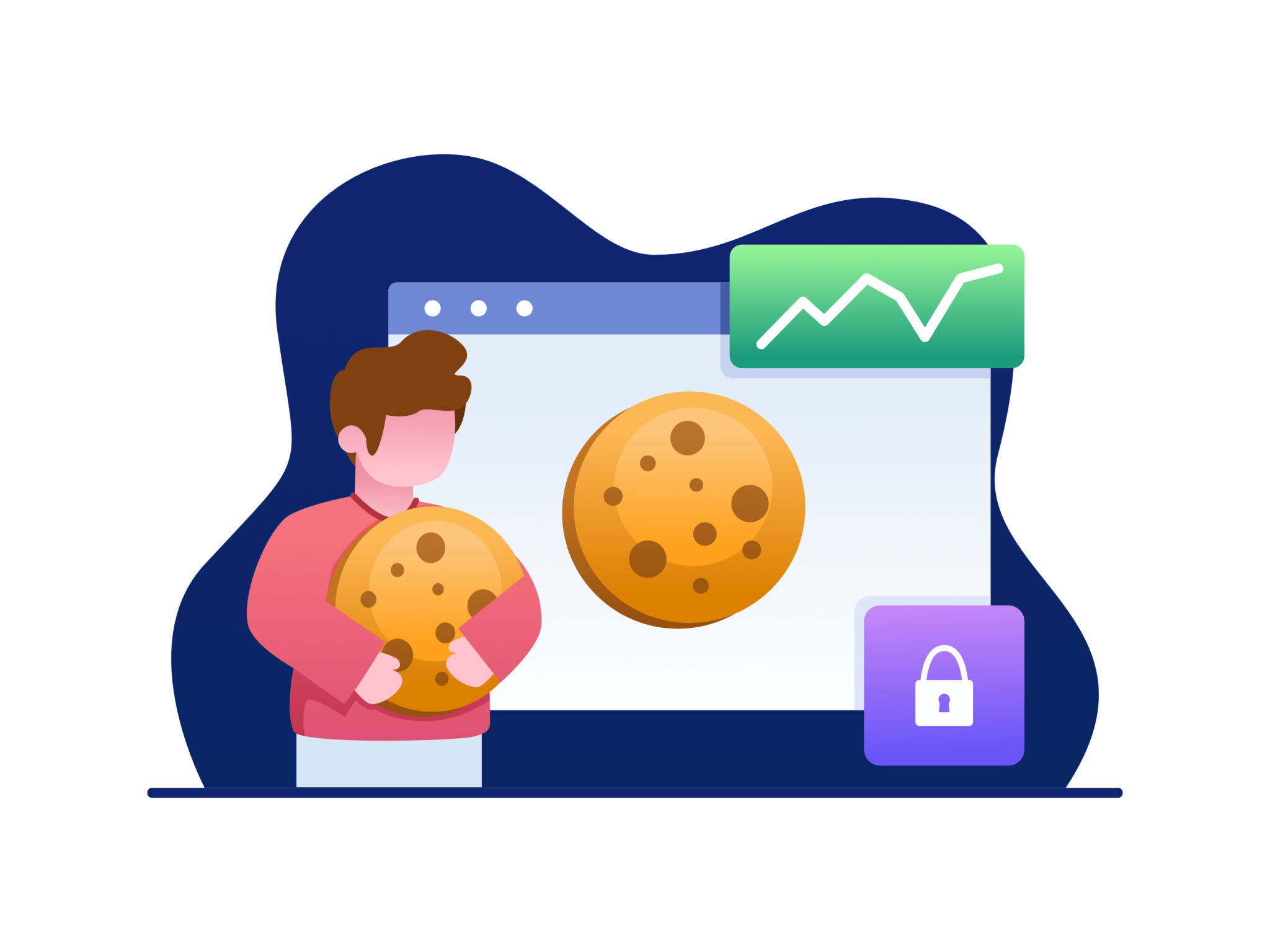
There are two main types of Cookie Consent requests
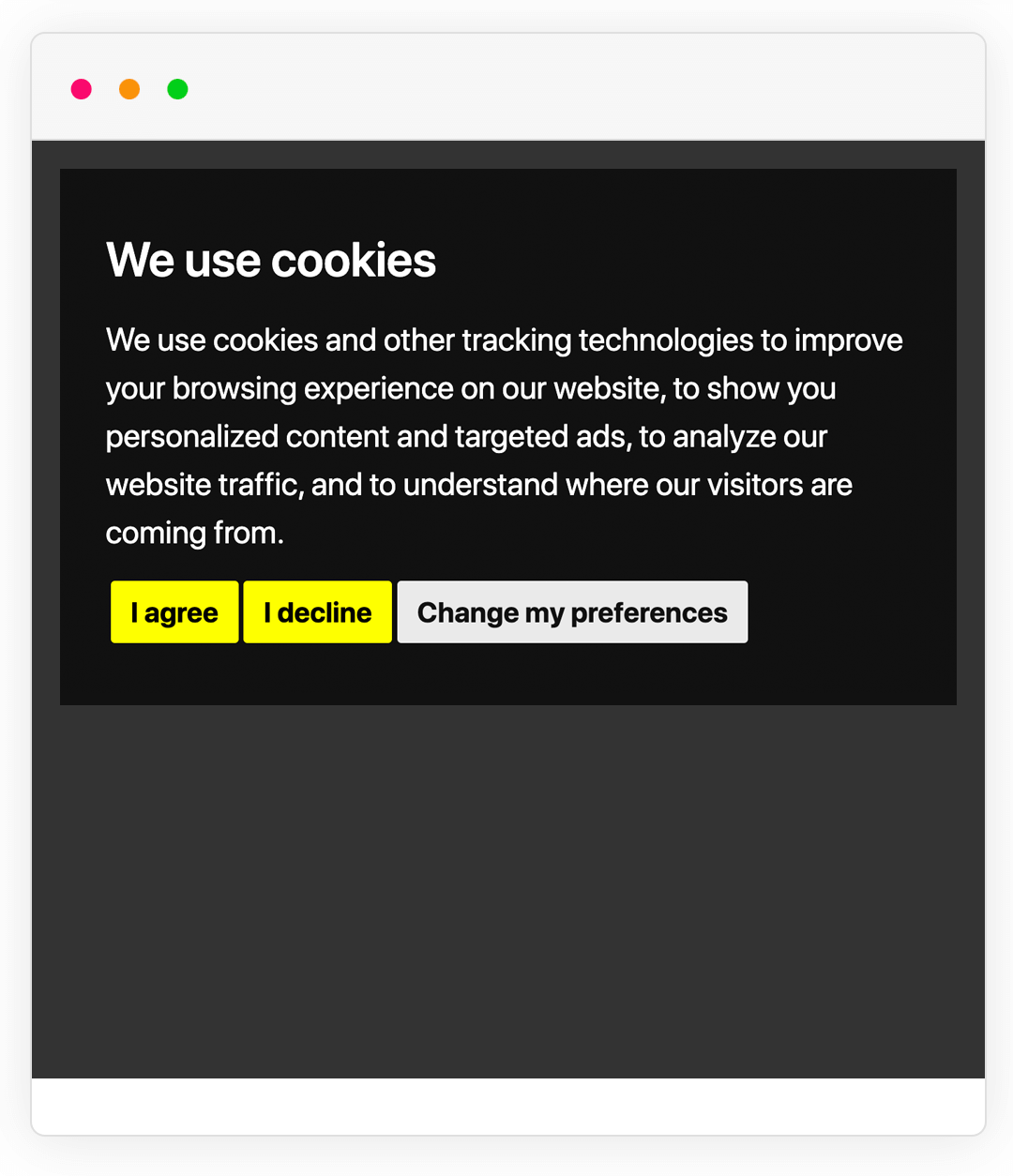
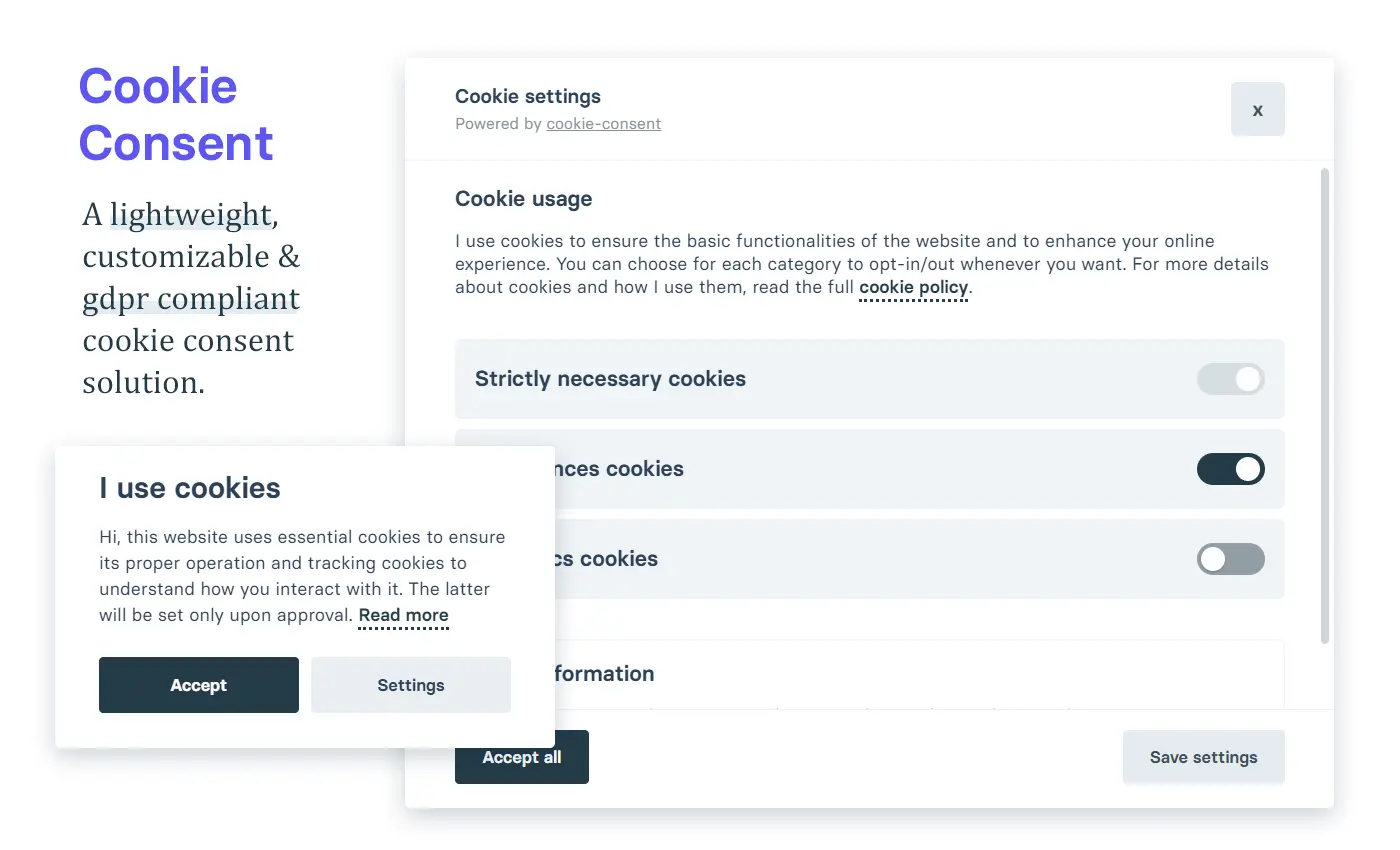
- Why is Cookie Consent necessary?
Requesting user consent for the use of cookies, also known as Cookie Consent, is in accordance with privacy regulations such as the PDPA (in Thailand) and GDPR (in the European Union), which focus on protecting users' personal data. This consent allows users to have control and awareness of the types of cookies a website uses, as well as the purposes for which these cookies are utilized. Under the PDPA, users have the right to know what data is being collected through cookies and can refuse or withdraw consent at any time.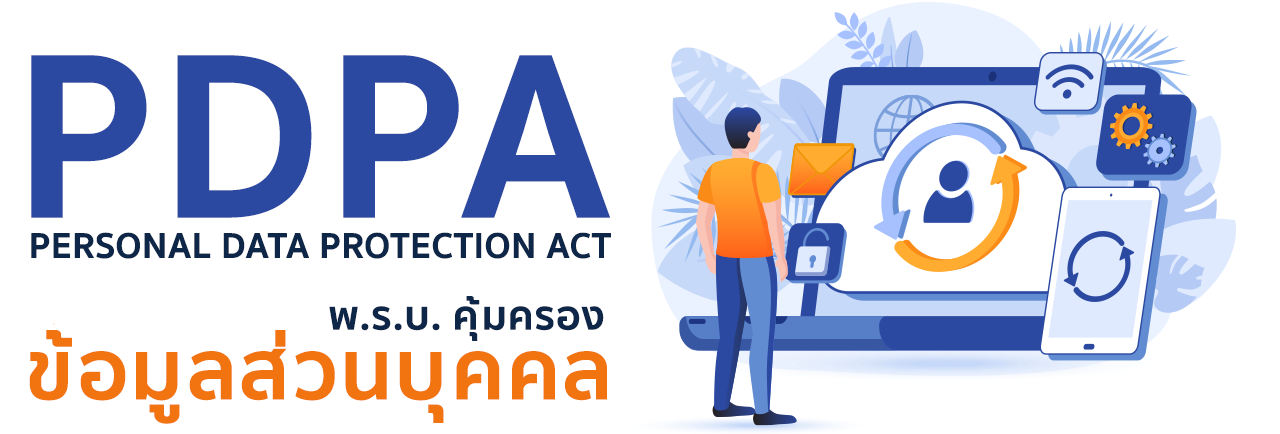
https://www.acisonline.net/?page_id=8726
The PDPA law of Thailand focuses on eight main factors.
1. Consent
Websites and organizations that collect personal data must obtain consent from the data subject before collecting, using, or disclosing that information. They must provide clear information about the purpose and method of using the data. This consent must be voluntary, and the data subject has the right to refuse or withdraw consent at any time.
2. Collection of Personal Data
Organizations can collect personal data only when it is necessary for a specific and legitimate purpose. Additionally, they must implement appropriate security measures to protect the data and prevent unauthorized access or leaks.
3. Processing of Data
Personal data can only be used to obtain consent from the data subject. If the data is used for purposes other than those originally consented to, the service provider must obtain new consent from the data subject or comply with exceptions as defined by law.
4. Data Subject Rights
Data subjects have various rights under the PDPA law, including:
- The right to access their data
- The right to request correction of inaccurate data
- The right to request the deletion of data
- The right to request the cessation of data processing
- The right to request data transfer to another organization
5. Data Breach Notification
In the event of a personal data breach, organizations must notify the Personal Data Protection Office and the data subject within a specified timeframe, which is 72 hours.
6. Data Protection Officer (DPO) Appointment
Organizations that collect, use, or disclose a large amount of personal data must appoint a Data Protection Officer (DPO) to oversee compliance with the PDPA and provide guidance to the organization on personal data protection matters.
7. Cross-Border Data Transfer
Suppose an organization needs to transfer personal data to another country. In that case, it must ensure that the destination country has adequate data protection measures or that consent from the data subject is obtained before the transfer.
8. Penalties
If an organization violates the PDPA, it may face administrative, criminal, and civil penalties, including fines of up to 5 million Baht and imprisonment for up to 1 year in cases of severe violations.
- Is accepting cookies safe?
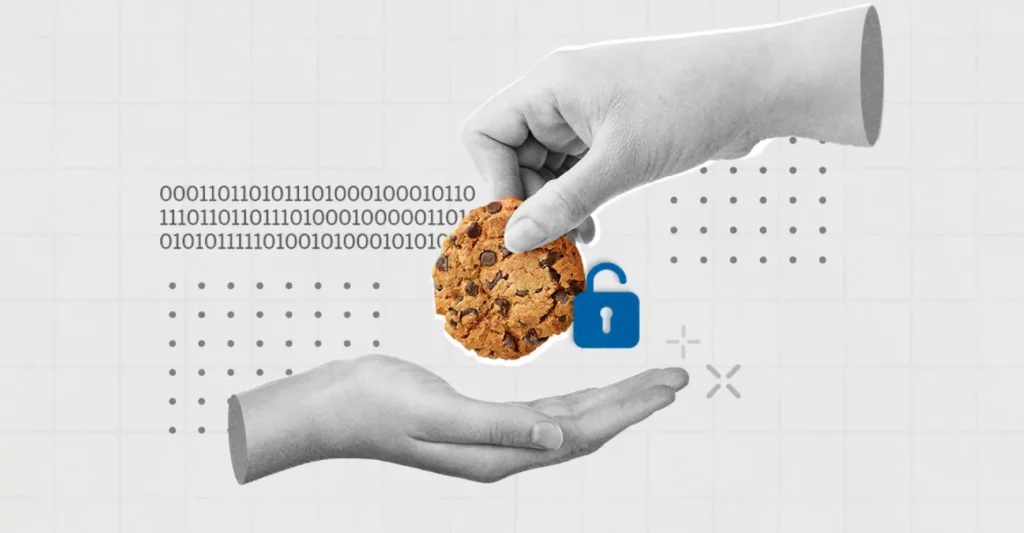
https://yeswebdesignstudio.com/th/blog/
Accepting cookies is generally safe, as long as the website you visit has a clear privacy policy and complies with data protection standards, such as the PDPA in Thailand or the GDPR in Europe. However, the safety of accepting cookies depends on the type of cookies and the website you are visiting. The types of cookies are as follows
1. Strictly Necessary Cookies
These cookies are essential for the basic functioning of the website, such as logging in and making online transactions. They have minimal impact on privacy since they are used for necessary service purposes. These cookies cannot be disabled if the website is to function properly.
2. Analytics and Performance Cookies
These cookies help websites collect data about usage to improve website performance. The data collected is usually anonymous, but in some cases, it may include personal information, which requires user consent before being collected.
3. Marketing and Advertising Cookies
These cookies track an individual's browsing behavior and display advertisements that match their interests. They may access more personal information and share data with external companies. Accepting these cookies may increase privacy risks.
4. Third-Party Cookies
Third parties typically set these cookies, such as advertisers or plugins embedded on the website. The data collected may be shared with other websites, making them riskier than cookies set by the website being visited.
However, some cookies, such as third-party cookies, may track a person's browsing behavior across multiple websites, leading to the collection of more personal data than expected. If cookies are misused or stored by unreliable websites, personal information could be exposed or misused.